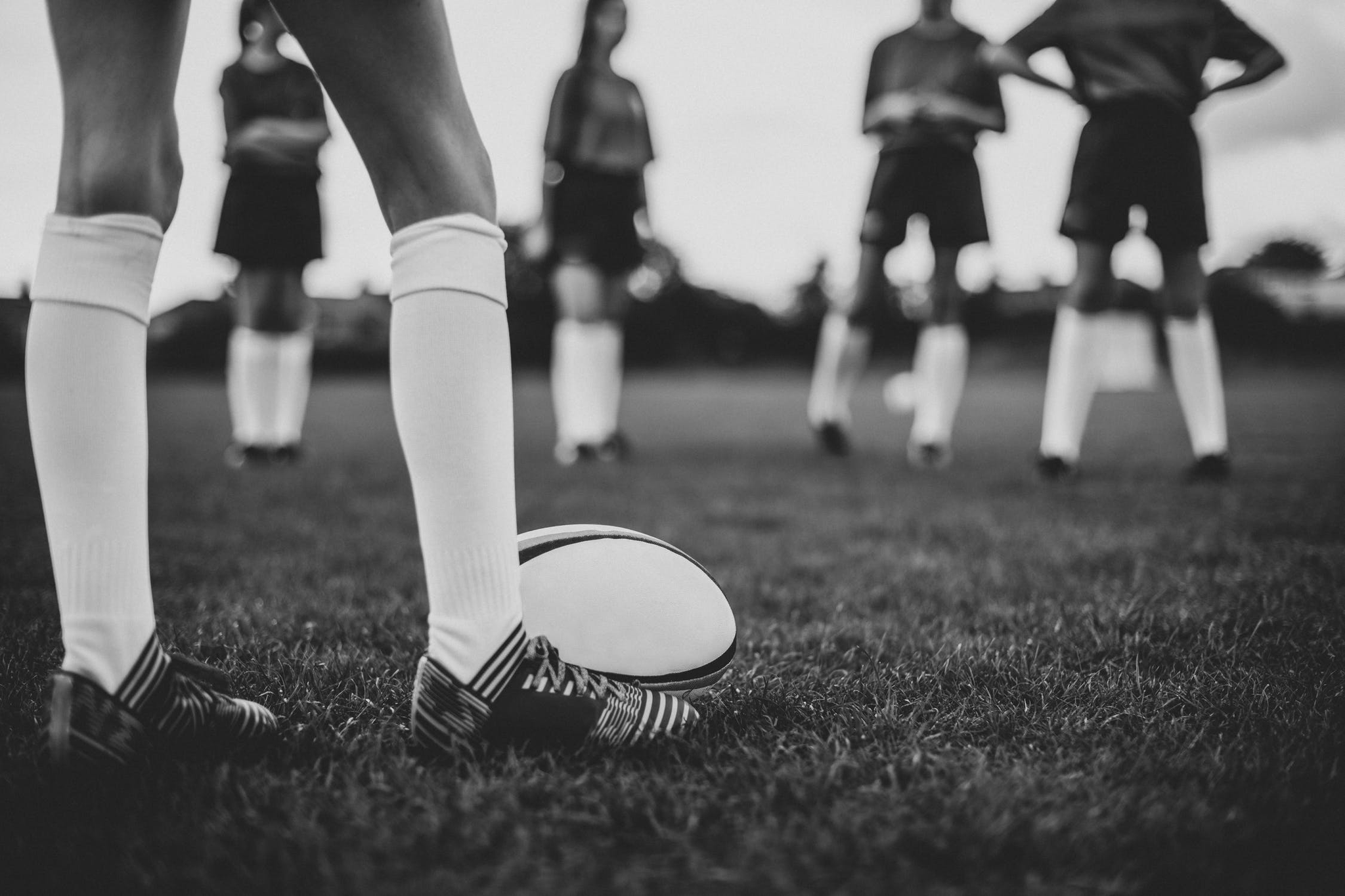Consultant Specialist Orthodontist with over 25 years' experience

This is a question that I am frequently being asked, particularly by parents who are concerned with their children and adolescents taking part in contact sports whilst undergoing teeth straightening (orthodontic) treatment. The short answer is yes, you can still enjoy your favourite sports whilst wearing braces to straighten your teeth. However, there are some guidelines that you do need to follow in order to protect your teeth and braces.
As it is National School Sports Week from the 24th to 28th June, we thought it would be the perfect opportunity for me to share some guidance.
What are the risks?
Do you know that 25% of children in the UK injure or lose a front tooth at some stage? Or that up to 39% of all dental injuries are sports related?
All contact sports present a potential threat to the teeth. This is because when opponents come into physical contact with one another can result to an impact such as a knock or fall that could lead to damage to the mouth area. When wearing fixed braces, this risk is greater and there is also an opportunity the braces can become damaged or cause harm to the teeth.
How to protect your teeth and braces whilst playing sports
The British Orthodontic Society (BOS) advises all individuals having fixed braces treatment to wear mouthguards over their braces when they play contact sports, such as rugby, football, basketball and hockey. In fact, many dentists and orthodontists are lobbying to have mouthguards wear to become mandatory for all school children and club players. Dental research and evidence based dentistry have shown that wearing a mouthguard during contact sports can significantly reduce the risk of dental injury.
Wearing a mouthguard over your braces can provide protection to your braces, teeth and mouth. The impact-absorbing materials of the mouthguard can minimize resistance to abrasion as well as being sufficiently durable to last the whole season. Ortho-guard and custom-made mouthguards are the most appropriate choice when wearing a fixed brace as the former can be remoulded to accommodate your moving teeth while the latter should fit precisely over your teeth.
It is important that your mouthguard fits comfortably over your teeth. It should also have adequate thickness and coverage of all the vulnerable areas. If it becomes damaged or uncomfortable to wear you should have it replaced.
Tips for looking after your mouthguard:
What to do in an emergency
If you receive a knock or a blow whilst playing sports and believe that your teeth or braces may have become damaged, please contact us or your dentist immediately.
For more information on “wearing a mouthguard over your braces”, or “how to look after your braces” in general, please visit our braces care page or contact us on 020 7129 7878.